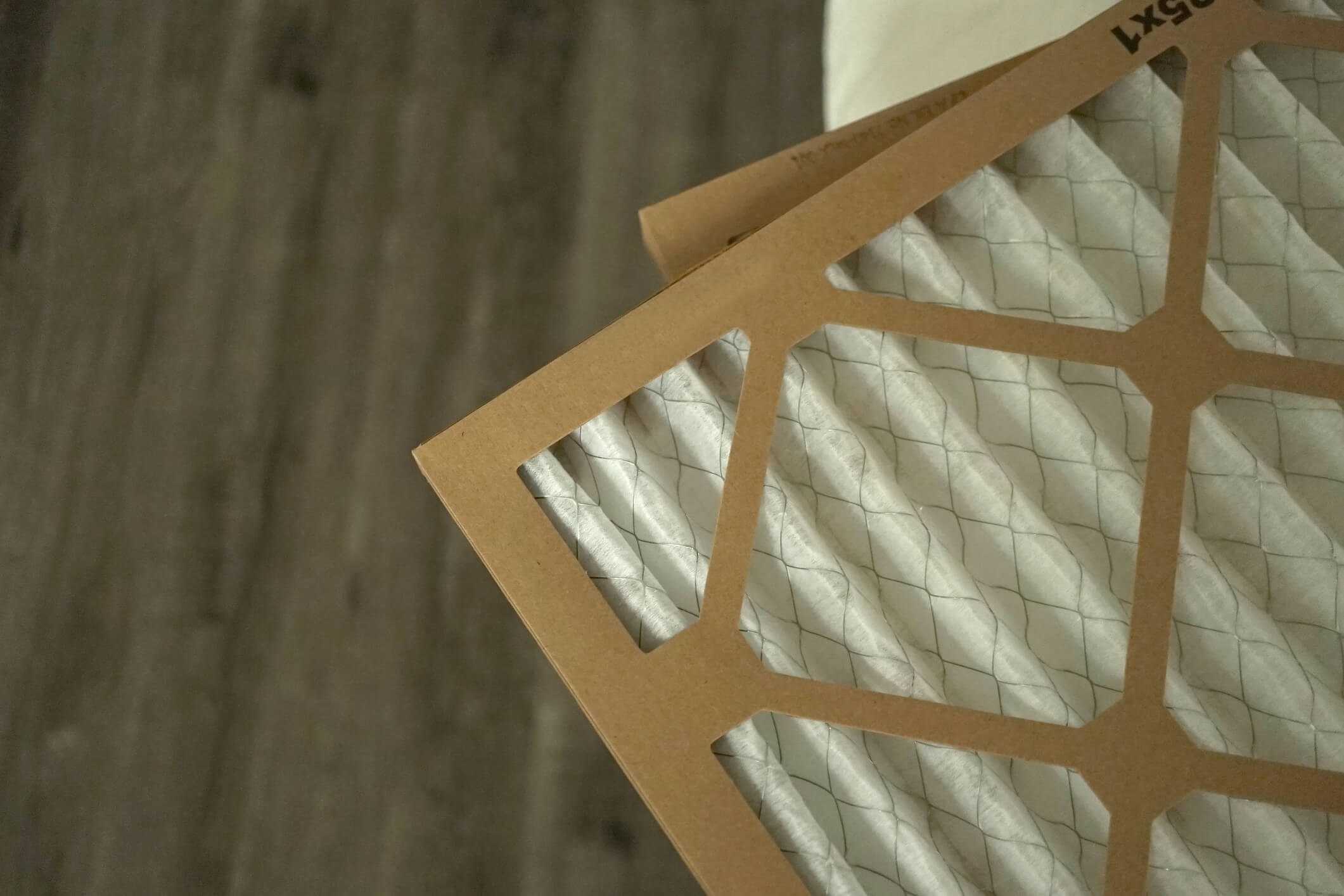Summertime in central California means two things: some seriously hot weather and high energy bills. Along with preventing astronomical cooling costs, you also want to avoid putting any unnecessary strain on your air conditioner, which can cause it to overheat or just wear out faster than it otherwise would.
Below, we’ll share some pro tips for preparing your AC for heavy use and improving your home’s efficiency so that you won’t inadvertently overwork your air conditioner.
1. Get your air conditioner professionally tuned-up.
Preventative maintenance will have the biggest impact on your AC system’s wellbeing throughout the entire year. Over time, air conditioning equipment gets extremely dusty and loses lubrication, and parts can start to loosen or shift out of place.
All these factors make it harder for the system to perform efficiently, so it must run for longer cycles to keep your home cool. This means more wear-and-tear on the parts, higher energy costs, and a bigger chance that your system will overheat or break down during extremely hot weather.
2. Make sure your outdoor air conditioning unit has “room to breathe.”
Your outdoor AC unit might not be the prettiest part of your backyard, but exercise some caution when trying to conceal it. That unit needs enough space to release the heat it transfers from your indoor air to the outdoors. By growing plants or building a wall too close to the unit, you’ll impede its ability to release heat.
Here are some general tips to help ensure your outdoor AC unit has breathing room:
- Never let plants, grass, or weeds grow up against the outdoor unit.
- When concealing your AC with a wall, fence, or plants, leave at least one side “open” so that a technician can access the unit for maintenance and repairs.
- If you’re concealing the unit with a solid wall, leave 2 feet of horizontal space around it.
- If you’re hiding the unit with something more breathable, like plants or a lattice, 1 foot of horizontal clearance around the unit is acceptable.
- Avoid placing anything over the top of your unit because this is where it releases the most heat. Units need anywhere from 10 to 12 feet of vertical clearance.
3. Invest in some heat-blocking window treatments.
When shopping for window treatments, people typically focus on their aesthetics or light-blocking ability. However, in rooms that get afternoon sun, you should take this key factor into consideration: energy-efficiency.
Insulating or heat-blocking window treatments can make a room feel significantly cooler during summer and warmer during winter. Look for styles like cellular shades, Roman blinds, and thermal curtains. If you don’t want to obstruct a gorgeous view, consider professionally installed window films that can reduce your home’s solar heat gain.
4. Put in a fresh air filter, and stock up for the rest of the cooling season.
Most manufacturers say an air filter lasts for up to 90 days. However, this doesn’t mean you should wait until exactly 90 days have passed to replace your HVAC system’s air filter.
The more frequently your AC runs, the faster the filter gets dirty. In CA, we typically run our air conditioners much more frequently from June through September than during the rest of the year. This means that during these months, our AC filters are liable to get dirty much more quickly.
Why is replacing a dirty filter so important? When dust, dander, hair, and other particles clog the filter, your AC system has a hard time drawing in air from your home. This lack of airflow can cause numerous problems, like inefficiency, overheating, and even a system breakdown.
Bottom line: stock up on air filters for the summer (it’s cheaper to buy in bulk, anyway), and check on the filter about once a month. If your air conditioner runs several times a day, the filter will probably need to be changed every 30 to 45 days for maximum system efficiency.
Call Monarch Home Services today or contact us online to schedule an AC service in Bakersfield or the surrounding areas in the San Joaquin Valley: (661) 452-8707.


